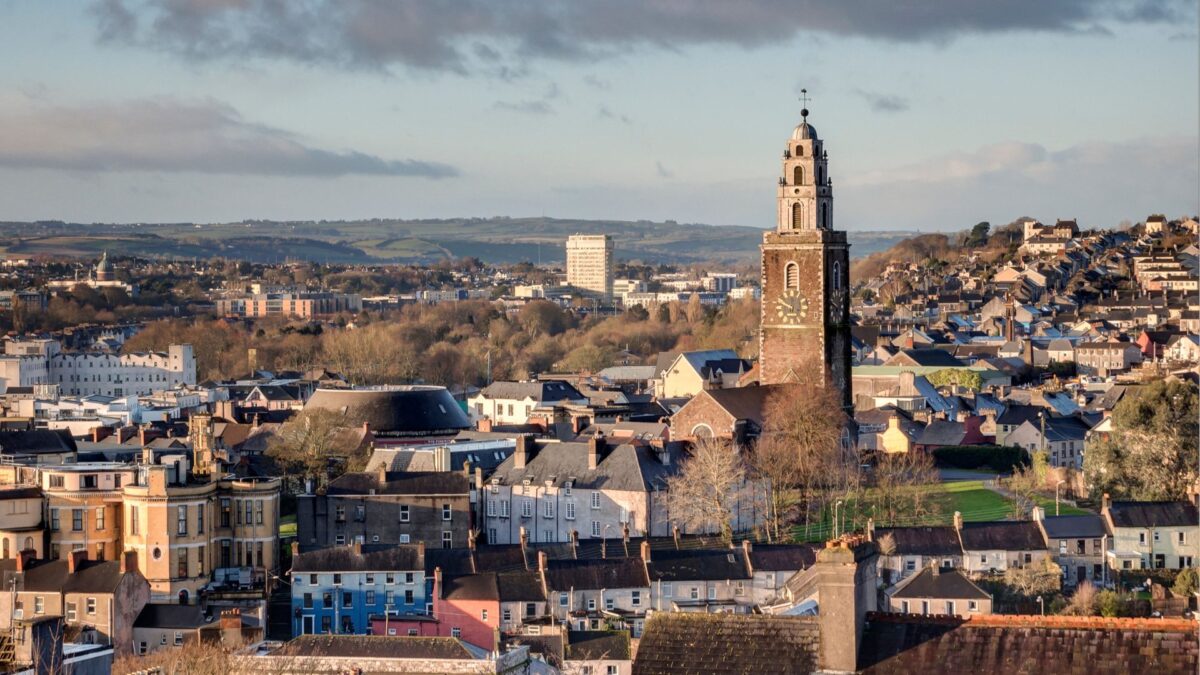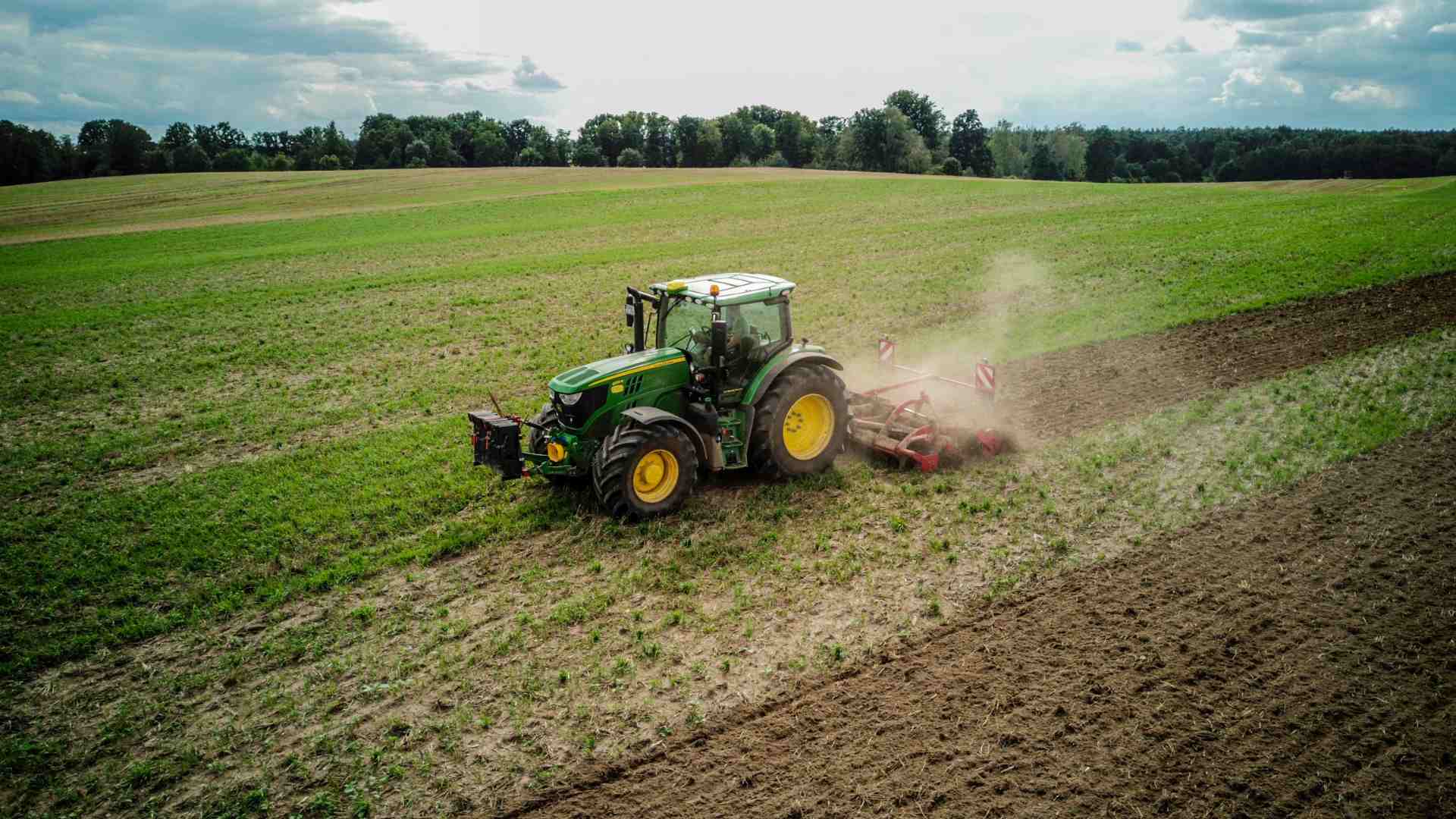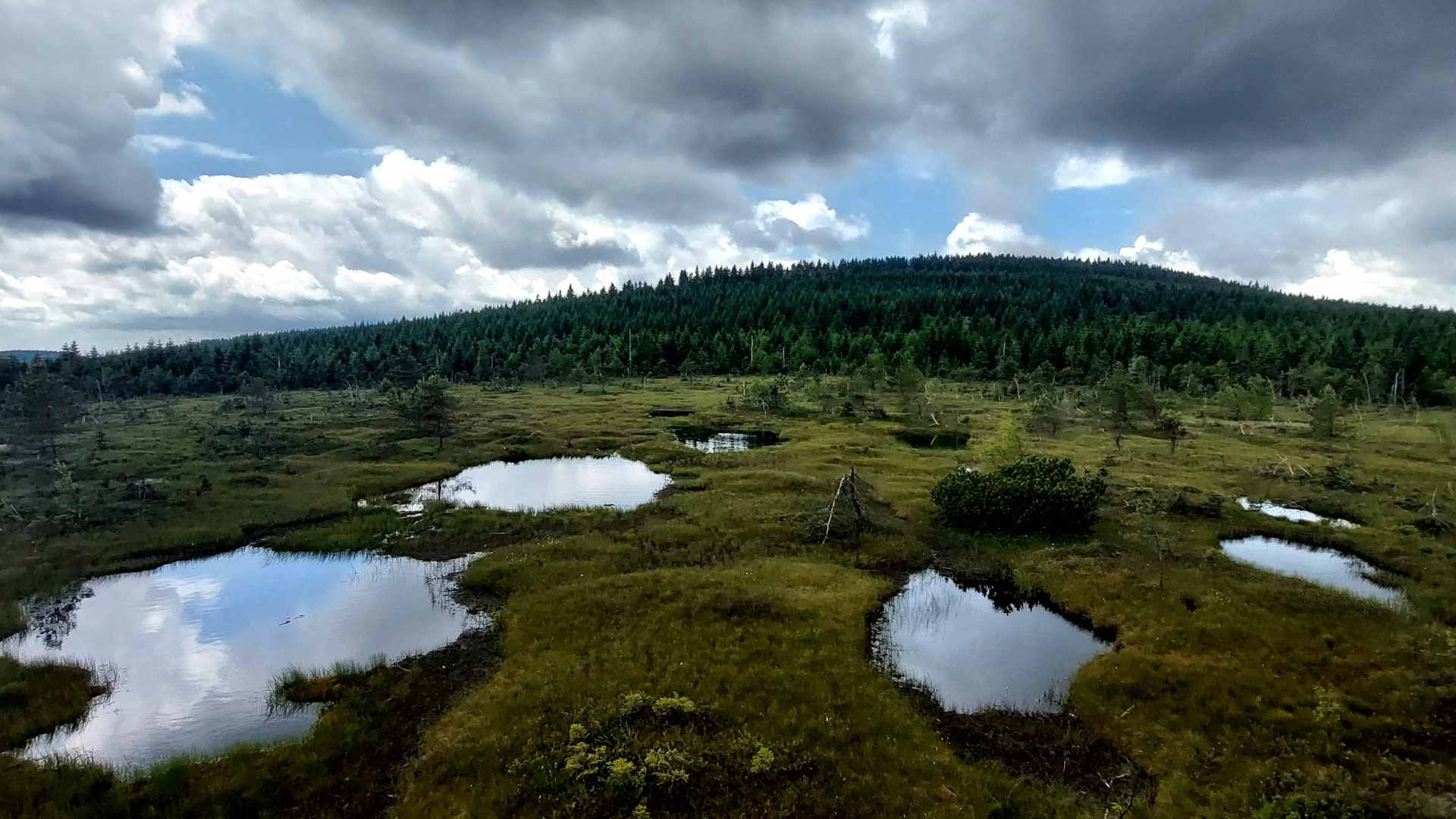
Construction threatens climate goals, UCD expert warns

Ireland risks breaching its carbon budgets unless urgent action is taken to reduce emissions in the construction sector, the Oireachtas Committee on Climate, Environment and Energy has heard.
Dr Oliver Kinnane, head of the UCD School of Architecture, Planning and Environmental Policy, said more work is needed to balance the scale of new building with the country’s carbon targets.
“Construction is inherently carbon intensive,” he said. “More buildings will increase emissions in the short term through the materials used and in the longer term through their operation.”
He said annual housing targets had risen from 33,000 to more than 50,000, which would bring “considerable additional embodied carbon” if current building methods continue.
Presenting research funded by the Sustainable Energy Authority of Ireland, Research Ireland and the European Commission, Dr Kinnane said Ireland had already slightly exceeded its first carbon budget for 2021 to 2025. Projections indicate it could exceed the next five-year limit, from 2026 to 2030, by as much as 25 per cent.
Carbon budgets set legal limits on greenhouse gas emissions over fixed five-year periods. About two-thirds of construction-related emissions are operational, with the remainder coming from embodied carbon linked to building, maintenance and demolition.
With 300,000 homes and associated infrastructure expected to be built over the next decade, Dr Kinnane said any savings from improved efficiency would be cancelled out by emissions from construction.
“We need to save the buildings we have and retrofit first. We need to legislate to limit unnecessary demolition,” he said.

Among his recommendations were increased use of modern construction methods such as prefabrication and 3D printing, more resource-efficient design, and changes to regulations to allow wider use of timber and bio-based materials.
“The renovation and reuse of existing buildings carry only a fraction of the embodied carbon cost of new builds,” he said. “Retrofitting 100,000 vacant homes could cut over one megatonne of CO2 emissions by 2030. Reusing buildings in towns and cities adds housing where infrastructure already exists and reduces embodied carbon by more than 30 per cent.”
Dr Kinnane’s comments echoed earlier evidence to the Oireachtas Housing Committee from UCD academics Orla Murphy and Dr Philip Crowe, co-directors of the UCD Centre for Irish Towns.
They said that reusing vacant and derelict buildings could help address both the housing and climate crises.
“Today we face a worsening housing crisis and an urgent need to cut emissions,” Ms Murphy said. “Meanwhile, more than 80,000 empty homes and other vacant buildings remain idle. These are already connected to expensive infrastructure for water, drainage, energy, data and transport.”
Ms Murphy said there were between 80,000 and 164,000 vacant or derelict homes across Ireland, particularly in towns in the west and Border counties.
“These are places with history and heritage where people once lived and can live again,” she said. “It is not just houses; it is all the buildings in our towns and urban environments.”
Dr Crowe told the committee there was a need to move beyond individual buildings and focus on the renewal of whole towns and urban areas.
“We do not have programmes for revitalisation at the scale of a town,” he said. “In France, for example, there are multiple programmes for town centres and small villages. We are missing that level of renewal.”
He also raised concerns about vacancy data, saying that figures from the Central Statistics Office and GeoDirectory are based on different definitions and methods.
“At UCD we are developing a project funded by the National Challenge Fund to use technology and data modelling to understand vacancy more accurately,” he said. “It will give us a clearer picture of building condition, energy efficiency and the overall state of our built environment.”
The UCD Centre for Irish Towns brings together researchers and stakeholders from across Ireland to support the renewal of towns and urban communities.
Share this WeathÉire story:







